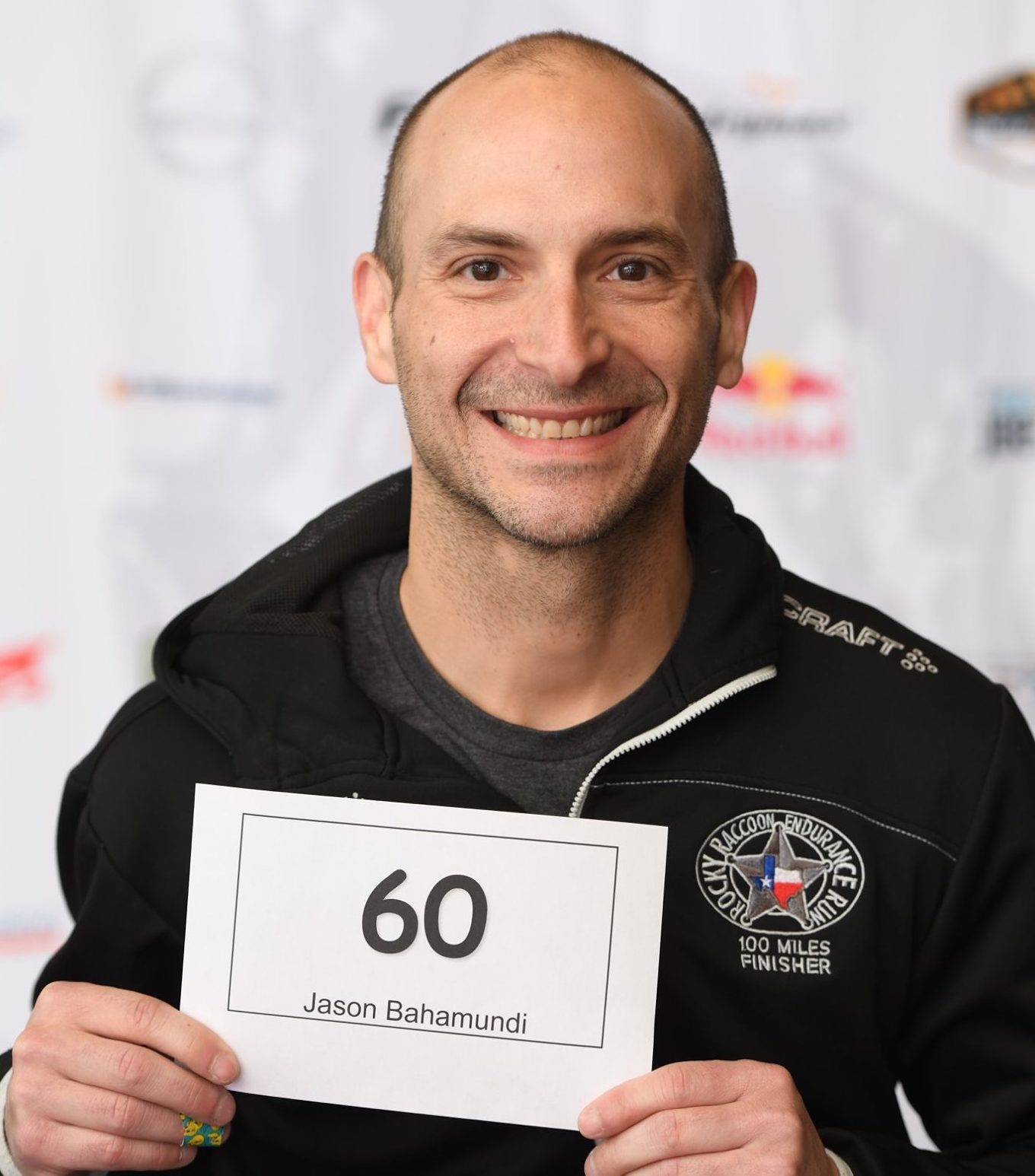Flexible Training Leads To Endurance Sports Success

I’ve been participating in endurance sports for nearly 16 years. My history is checkered with 5k, Sprint Triathlon, Ironman, 100 mile and 250 mile finish lines. Throughout that time I have had training plans written for me. I’ve also written my own training plans. Regardless of who wrote the training plan, I have had the most successful cycles when I have flexible training. The flexible training benefits start with injury and avoiding burnout from endurance sports. They also incorporate the ability to train and race for a long time.
Flexible training doesn’t mean doing what you want when you want. There is a pattern that should be followed so that you reach taper weeks feeling ready to race. What flexible training means to me is endurance sports success without burnout.
Contrary to popular belief, success in endurance sports is achievable even when training plans are not completed at 100%. If you’re looking for an example, I would recommend looking no further than my training peaks account. Inside of my account you will see red, green and orange colors. Those colors reflect days when I’ve been successful. They also represent days that I’ve skipped the workout as well as not doing it as prescribed. Despite that rainbow of colors I have completed Ironman triathlons, 100 mile ultras as well as the 250 mile Cocodona race.
The Problem With The All Or Nothing Mentality
Despite that statement there was a time when I was all in on my training. Every training block had to be turned green or I would feel as if I was not going to achieve my goals. I knew better but that dopamine hit of success was too strong to ignore. This thinking led to a few negative impacts on my life.
Example of Negative Consequences
One of the main downsides to the all or nothing mentality is the inability to recover. If you’re always training and pushing your body that means you aren’t recovering. Lack of recovery in your plan can lead to burnout, injury or decline in performance. Any or all of these can lead to a mental battle between doing more and recovering.
I have experienced burnout twice during my endurance sports journey. The first burnout was after having raced 3 Ironman events in 12 months. I was constantly swimming, biking or running and didn’t understand the value of taking a break. When I took nearly two years between events I was recovered as well as inspired to race again.
My other burnout from endurance sports occurred in 2019. I was fortunate to be chose to race the Western States 100. Entry to the event isn’t guaranteed therefore I was registered for Rocky Raccoon 100 in February and Ironman Wisconsin in September. Racing WSER meant two 100 mile races and an Ironman. Because I was unable to rest and recover by the time I got to IMWI I was cooked. I swam about .4 mi and called it quits. I DNF’d and it was such a mental relief to stop and allow everything to wash away.
Over the course of 16 years I have been fortunate to have avoided a major injury. This isn’t because of how wisely I’ve inserted recovery. Luck is the word I would use for this scenario. I have been very lucky to not have to deal with a major injury. Unfortunately, not everybody is this lucky. The all or nothing mentality can lead to injury.
The Benefits Of A More Flexible Training Plan Approach
How Flexible Plans Can Help You Improve As An Athlete
We have heard the cliche that we should be training smarter, not harder. This mentality can help you avoid burnout and injury. If the all or nothing mentality is detrimental, the flexible approach is beneficial.
A flexible approach doesn’t mean that there isn’t intensity. What this approach means is that you maximize your recovery even if it is unplanned. If you’re able to maximize your training, with a plan, then you’ll be able to also recover properly. These days of recovery will allow you to train harder leading to increased performance.
For example, my weekends are filled with long runs. Typically on Saturday I am running 2-4 hours. Sunday is also a long run but shorter, figure 1-3 hours. These back-to-back days of long runs means that Monday is an off day of stretching, core and balance. This setup allows me to get back to a workout on Tuesday that can include intensity.
If I don’t take Monday off then my body is fatigued leading to poor performance. In addition to that, my mind will also be fatigued. That can lead to loss of focus with an opportunity for injury. In order to perform well, I need to train consistently. Injury means that you are taking time off which equals inconsistent training.
When putting your plan together, or talking to a coach, I recommend ensuring that you have maximal recovery days. These days are doing nothing or at most a 20-30 meditative style yoga. Allow your body and mind to refresh so that you can get after it the next day.
Want To Get Better? Consider A Flexible Training Approach
In endurance sports the adage is the harder you work the better you become. I don’t argue with this concept but will argue about the implementation. Having flexibility and giving yourself grace is the start to getting better. When you are training smart you can avoid burnout and injury.
Changing your mindset can be aided by visual queues. If you are using training peaks, you want to see your charts indicate growth from left to right. Within that growth you want to see flat or dip sections. These are typically your recovery days or week. Accepting those dips and wanting to maximize them can help you deal with the days off.
During those rest and recovery days, know that you are getting stronger, fitter and faster. Understanding that will allow you to continue to train with burnout and injury prevention. In addition to that, you will create an environment of long-term results. These long-term results will also help reinforce the flexibility of training plan.
Train Hard. Race Harder. Recover Hardest.
Advertisement









